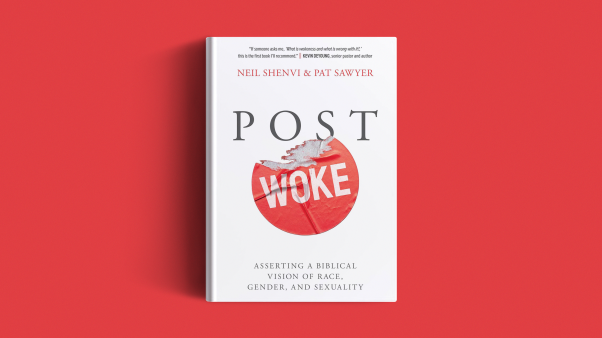In this series: Addressing Difficult Texts and Topics
Perhaps the most visible part of pastoring is the upfront teaching and preaching. Bringing a timely and truthful message demands preparation, knowing Scripture, knowing the audience, and knowing how to connect the one with the other. The articles in this Common Challenge offer in-depth, time-tested advice for addressing the consistent difficulties associated with preaching Gods Word to Gods people.
Last weekend our series on the Prophets brought me to 1 Samuel 15:3, where God commands Saul to wipe out the Amalekites: "Totally destroy everything that belongs to them. Do not spare them; put to death men and women, children and infants, cattle and sheep."
Smart people avoid these passages—or assign them to the youth pastor. But I knew this passage was one that some college professors use to separate naïve students from their childhood faith.
So instead of avoiding it, I started on it six weeks early. I sent my extensive outline to several people:
An Old Testament prof at the local seminary.
A friend who'd written a doctoral dissertation on this passage.
A former senior pastor of the church, two staff members, and two elders.
Two other friends, both former pastors.
My request was simple: "Tell me what you think. Stop me from saying anything stupid. Let me know how it could be improved."
The professor sent me two unpublished articles on the text. The friend with the dissertation provided reasons for the view he'd reached, which was different than my own, but also assured me I understood the passage. The former senior pastor provided some advice on the way I'd structured the sermon. One of my friends warned me that an illustration I was going to use would likely be misunderstood.
I folded in some—though not all—of what I received, substantially improving the message. I also ended up confident that though this was a challenging text, I was prepared for it and for the follow-up conversations it would spark.
Do I do this with every sermon? No. But for difficult topics or texts, I frequently seek this kind of outside help. For a series on Christians and politics, I spent several hours being tutored by a friend with a Ph.D. in political theory.
For a series on 21st-century idols, based loosely on Acts 17, I asked two friends with degrees in chemistry and genetics to make sure my comments on science and technology were fair.
For a series on the history of the church, I sent three sermons to a church historian. For the price of lunch, he corrected some mistakes I'd made and provided additional stories that substantially improved my messages.
Perhaps the most help has come from friends from Africa, Asia, and Latin America. Their perspective—especially on matters of Western culture and money—help me see how my Western bias shapes my exegesis.
On two occasions I have had friends advise me not to preach a message I'd written. I heeded the advice once because I realized I did not understand the issue well enough to comment on it. The other time I prayerfully considered the counsel but decided it was a message I needed to deliver.
Generally I receive more input than I can use. Some of it I discard. Some I simply throw into footnotes that may or may not ever see the light of day.
I go through this process because it makes a good message better, because I learn a great deal in the process, and because I believe those who are tapped to help are generally honored and learn more as well.
Requirements
In order to pull this off you need:
- To write your sermon well in advance. I try to give readers at least two weeks between when I send it and when I need their comments.
- To write out a manuscript or, at the very least, a very extensive outline so they can follow your argument without much effort.
- To be open to criticism.
- To find people who are able to offer advice and then walk away. I certainly cannot incorporate every suggestion they give.
Mike Woodruff is pastor of Christ Church of Lake Forest (Illinois). The audio of his sermon on 1 Samuel 15:3 is available at www.leadershipjournal.net/spring08
Copyright © 2008 by the author or Christianity Today/Leadership Journal. Click here for reprint information on Leadership Journal.












